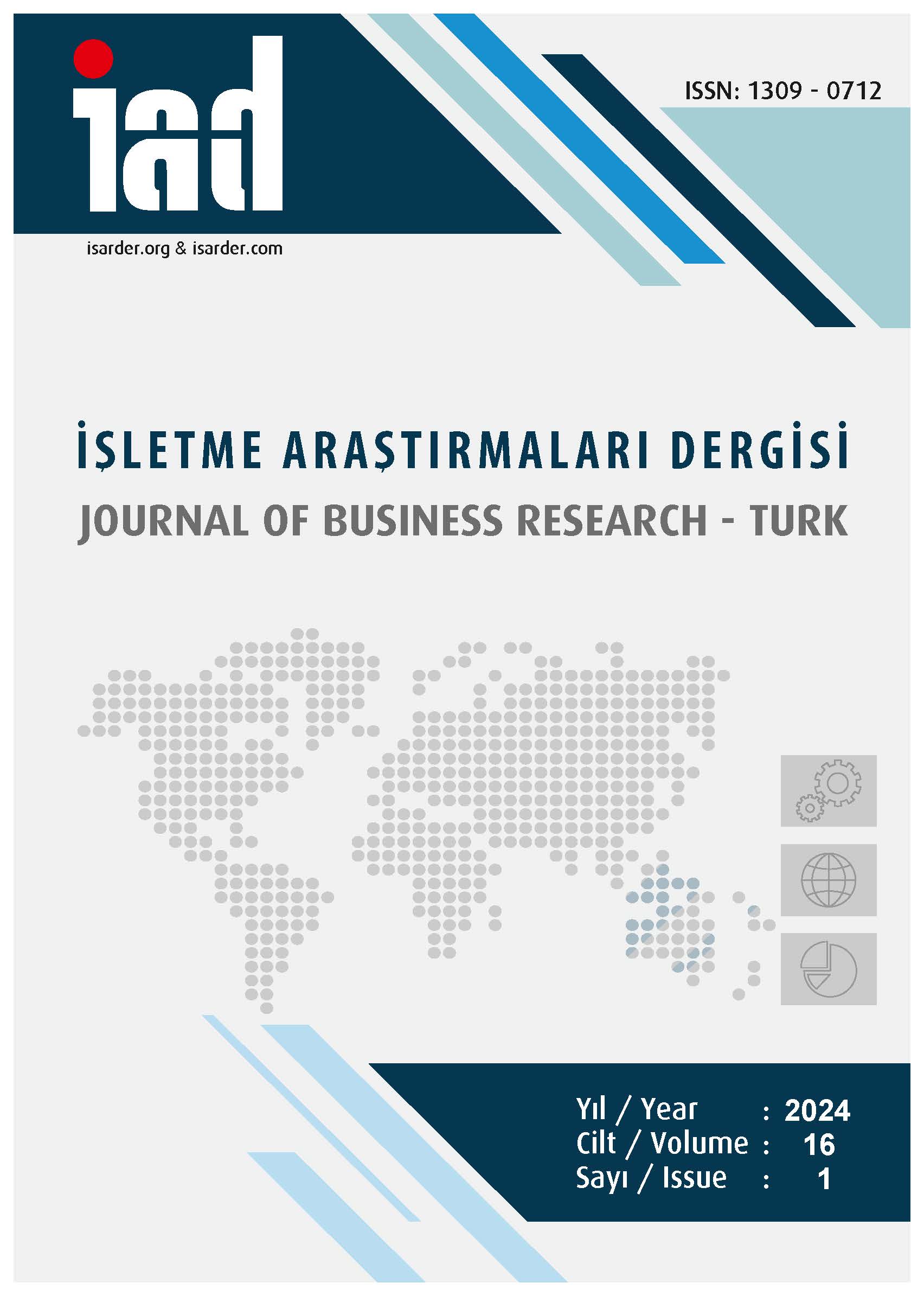The Intermediate Role of Revenge Intention in The Effect of Mobbing on Employee Job Performance
DOI:
https://doi.org/10.20491/isarder.2024.1808Anahtar Kelimeler:
Revenge intention Mobbing- Job performanceÖzet
Purpose – This study aims to determine the mediating effect of revenge intention on the relationship between workplace mobbing and employee performance. Therefore, the study aims to understand the effects of negative work behaviors experienced in the work environment on employees and to determine in which situations the intention of revenge will arise in employees. Design/methodology/approach – The study was conducted using the survey method on the employees of two large shopping malls in Istanbul. The data obtained during the research process was analyzed using SPSS 27 and AMOS 22 package programs. Results – The results reveal that the job performance of the employees who are exposed to mobbing decreases and their revenge intentions increase. In addition, it has been determined that those who are exposed to mobbing are more likely to have revenge intentions, and this intention plays a mediating role by negatively affecting employee job performance. Discussion – The study contributes to the literature on newly developed concepts of revenge intention and mobbing. In addition, it is evaluated that the suggestions presented within the scope of empirical findings will increase the awareness of enterprises to provide a healthy work environment to their employees.
İndir
Yayınlanmış
Sürüm
- 03-04-2024 (2)
- 28-03-2024 (1)
Nasıl Atıf Yapılır
Sayı
Bölüm
Lisans

Bu çalışma Creative Commons Attribution-NoDerivatives 4.0 International License ile lisanslanmıştır.





